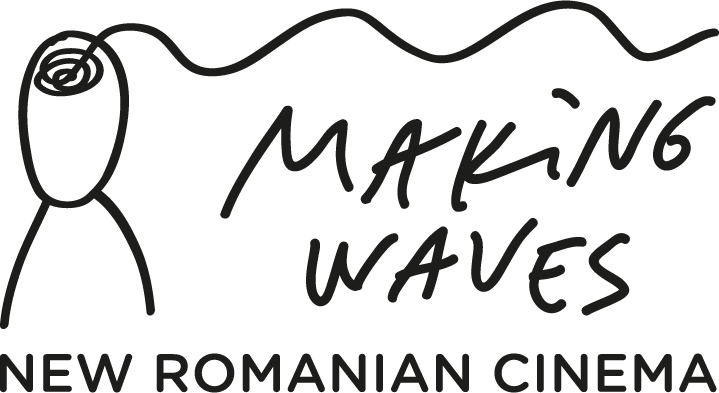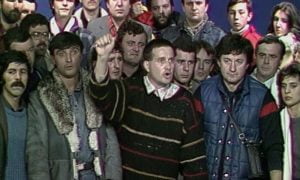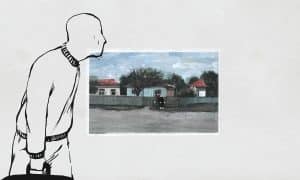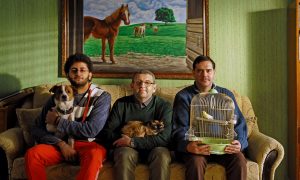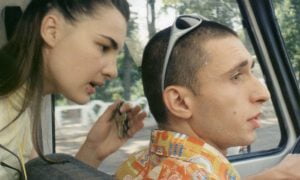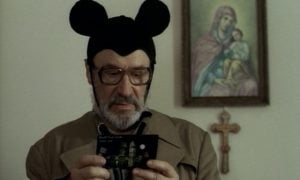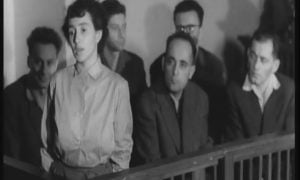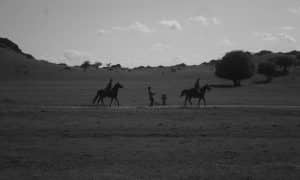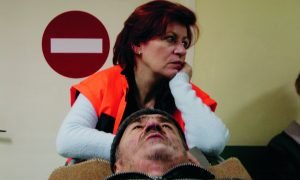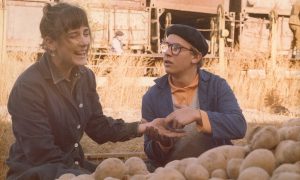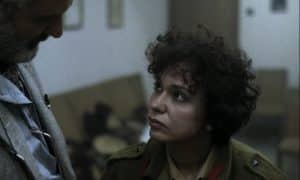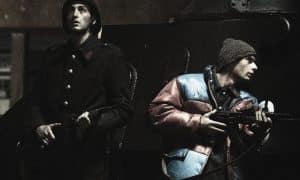With the current pandemic closing cinemas all over the world, the U.S. Tour of the retrospective is on hold. But we bring you now many of the series titles on VOD. Enjoy and hopefully we can return soon to the joy of sharing the experience of seeing the films on the big screen in company.
Making Waves proudly presents a 15-film selection of the retrospective, with many of these titles available for the first time online for wider U.S. audiences. Select titles are available in other territories as well, thus expanding the outreach of the retrospective, so please check on the film’s page if it’s available in your country.
You can rent them to watch for 72 hours, or purchase these titles to watch at any time in the future.
With the current pandemic closing cinemas all over the world, the U.S. Tour of the retrospective is on hold. But we bring you now many of the series titles on VOD. Enjoy and hopefully we can return soon to the joy of sharing the experience of seeing the films on the big screen in company.
Making Waves proudly presents a 15-film selection of the retrospective, with many of these titles available for the first time online for wider U.S. audiences. Select titles are available in other territories as well, thus expanding the outreach of the retrospective, so please check on the film’s page if it’s available in your country.
You can rent them to watch for 72 hours, or purchase these titles to watch at any time in the future.
"By the end of the week, and the Ceausescus’ executions, nothing is real – or historical – until it is seen on television.” – Michael Atkinson, The Village Voice
Director Andrei Ujica in person (Film Forum, Nov 15, 6:30 pm / BAMPFA, Feb 12)
Director Tudor Giurgiu and actor Andi Vasluianu in person (Film Forum, Nov 23, 2019)
Director Constantin Popescu in person
